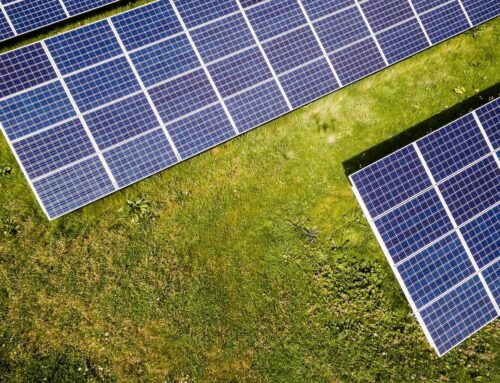Only 1 in 10 Companies Committed to 100% Renewable Energy Sourcing: CDP Report
November 15, 2024
|
Listen to this story: |
Global Companies Lag in Renewable Energy Adoption, CDP Report Finds
- Nearly half of major companies use no renewable electricity.
- Only 1 in 10 companies have committed to 100% renewable energy sourcing.
- Less than 5% have set energy efficiency targets.
A new report from non-profit CDP reveals that major global companies are falling short in their use of renewable energy, undermining global clean energy goals set during COP29.
Why it matters:
Despite opportunities for cost savings and emissions reductions, corporate adoption of renewable energy and energy efficiency measures remains sluggish. This gap poses a significant threat to meeting international climate targets.
By the numbers:
- 50% of companies use no renewable electricity at all.
- Only 10% of the 936 studied companies have committed to sourcing 100% renewable electricity.
- Companies with targets report a 53% share of renewables in their electricity mix.
- Less than 5% have set any energy efficiency targets.
The big picture:
The report is based on data from nearly 10,000 companies, representing 3,571 TWh of electricity purchasing—comparable to the electricity consumption of India.
Driving the news:
A group of 682 “super user” companies accounts for over three-quarters of all disclosed electricity purchases. While over 80% of these companies claim some renewable use, they average only 33% renewable energy—lagging behind smaller companies, which average 47%.
- Leaders like Deutsche Telekom, Microsoft, and Robert Bosch exceed 90% renewable electricity use, setting a high bar for others.
What they’re saying:
“Most companies are still moving far too slowly on renewable electricity, despite it being in their business interest to do so,” said Amir Sokolowski, Director of Climate Change at CDP. “As COP29 calls for urgent and accelerated climate action, our data highlights an immense, untapped potential in corporate renewable energy use. The path forward demands companies of all sizes prioritise verifiable renewable energy use and purchase targets alongside energy efficiency targets. Without this, the global energy transition risks stalling. Major electricity super users must lead by example to stimulate market transformation, and transparency is foundational to this goal.”

The bottom line:
To achieve global clean energy objectives, especially the ambitious targets set during COP29 to triple renewable capacity and double energy efficiency improvements, companies must rapidly accelerate their renewable energy adoption and set concrete energy efficiency goals.
This analysis covers a set of 9,551 companies reporting on both their location-based scope 2 emissions and their electricity purchasing (minimum disclosures used to qualify their data for use in this report). These companies represent 3,571 TWh of electricity purchasing.
RELATED ARTICLE: CDP, GRI Collaborate to Simplify Environmental Reporting and Improve Data Access
Follow ESG News on LinkedIn
Search
RECENT PRESS RELEASES
Related Post




